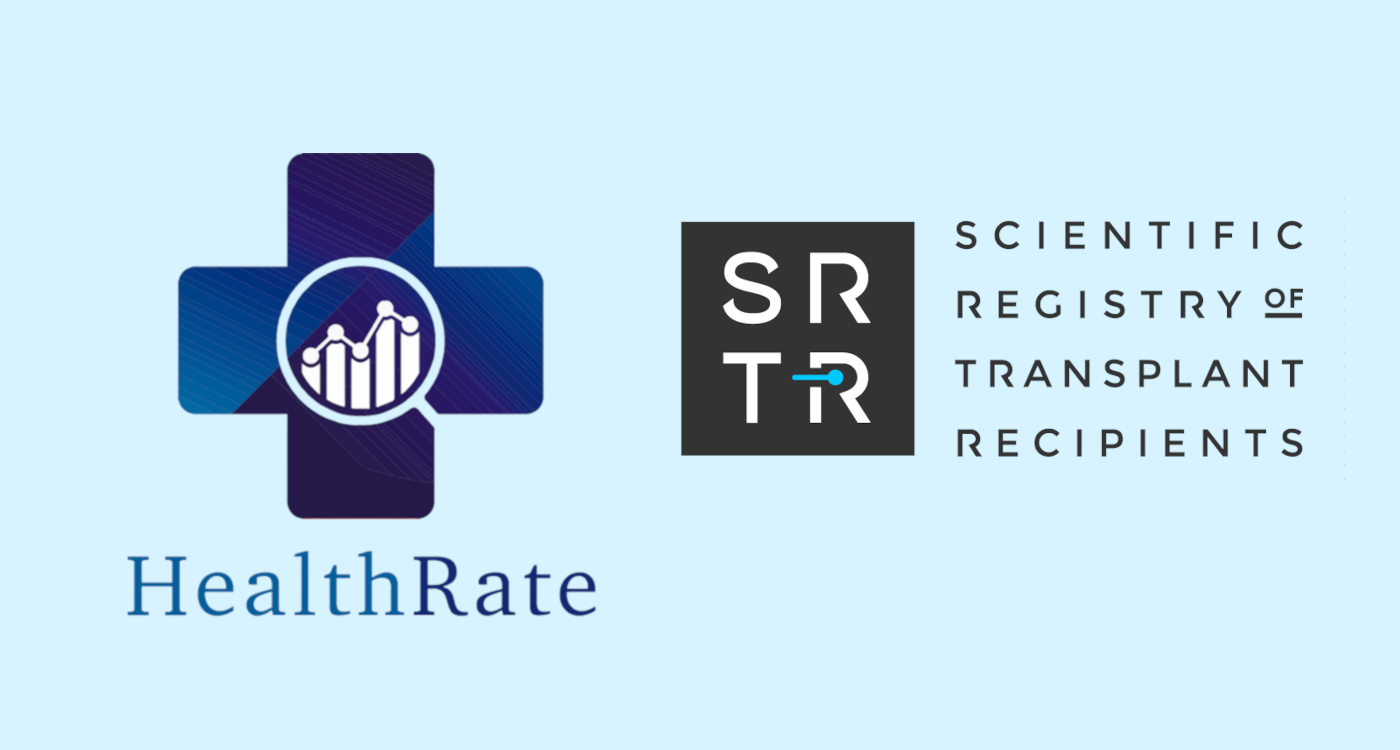Escalating Costs for High-Cost Claims: Navigating the Rising Financial Burden of Transplants

The escalating costs of medical claims, especially for transplants, are putting increasing pressure on the healthcare system, forcing payers and providers to find more sustainable solutions.
Prices for transplants can vary drastically, even within the same hospital system, and there’s little transparency or consistency in how these services are charged. This lack of clarity leaves organizations struggling to manage financial risk while ensuring patients receive the care they need.

Rising Costs and Growing Demand for Transplants
The demand for transplants is growing rapidly, pushing the limits of both medical and financial resources. Transplants are becoming more common, with the number of procedures setting new records each year. According to data from the Organ Procurement and Transplantation Network (OPTN), 46,632 organ transplants were performed in 2023, representing an 8.7% increase over 2022 and a 12.7% increase from 2021, the first year in which more than 40,000 transplants were performed.
With demand comes rising costs. Transplants now account for more than $40 billion in annual medical spending, placing significant financial strain on the healthcare system. Over 100,000 patients are currently waiting for a kidney transplant alone, further highlighting the growing demand and cost burden on the system. As the need for transplants increases, so does the financial pressure on employers and payers responsible for covering these claims.
The Escalating Financial Burden of High-Cost Transplant Claims
What used to be rare million-dollar claims are now commonplace, and $2 million+ transplant claims are becoming more frequent. This sharp increase in transplant-related expenses has created a significant challenge for employers, payers, and insurers alike.
In 2024, rising healthcare costs continue to be a top concern for U.S. employers. The growing frequency of million-dollar transplant claims is one of the most significant contributors to this issue. According to Tokio Marine HCC (TMHCC), "While $1 million+ claims were once rare, they have become a common occurrence, and now $2 million+ claims have also become frequent”. Employers are increasingly bearing the brunt of these costs, further straining their ability to provide affordable healthcare benefits to their employees.
The Variability and Lack of Transparency in Transplant Pricing
One of the most concerning aspects of the rising costs associated with transplants is the lack of transparency and consistency in pricing. Transplant claims can have widely varying price tags, even within the same hospital system. This inconsistency makes it nearly impossible for payers and providers to accurately predict or manage the financial risks associated with these treatments.
Without consistent standards or accessible data, payers and providers are often left navigating a complex web of opaque pricing structures. This lack of transparency not only increases the financial burden but also makes it difficult to ensure patients receive services at a reasonable cost.
Navigating the Challenges: The Role of Data-Driven Solutions
While the challenges posed by rising transplant costs and pricing variability are daunting, there is a path forward. The healthcare industry needs better tools to help payers, providers, and employers manage the financial risks associated with high-cost transplant claims. Data-driven platforms like HealthRate are playing a crucial role in this effort.
HealthRate offers real-time, data-driven insights that bring clarity to transplant pricing. By leveraging real-world healthcare contracts and advanced datasets, HealthRate helps payers, reinsurers, stop-loss providers, TPAs, and employers navigate complex cost scenarios, ensuring greater transparency and fairness.
Our platform simplifies cost analysis, providing stakeholders with the tools they need to manage financial risk while ensuring that life-saving treatments remain accessible. HealthRate empowers organizations to make informed, fact-based decisions, allowing them to reduce cost risks without compromising care.
The Urgent Need for Transparency and Cost Management in Transplant Care
The escalating costs of high-cost claims, particularly for transplants, are pushing the healthcare system to its limits. Without greater transparency and better cost management, payers and providers will continue to face rising financial risks.
By leveraging data and technology to provide clarity in pricing, we can create a more predictable and transparent system. Platforms like HealthRate are leading the way, helping the industry manage transplant costs, ensure fair pricing, and ultimately keep quality care accessible for all.
For more information, please visit our website at www.healthrate.io or on LinkedIn.
Sources:
- Organ Procurement and Transplantation Network (OPTN) – OPTN Transplant Trends
- Center for International Blood & Marrow Transplant Research (CIBMTR) – Annual Data Report
- American Journal of Transplantation – "The Economic Impact of Organ Transplants in the U.S."
- Associated Press (AP) – "Kidney Transplant Waiting List Surpasses 100,000"
- Tokio Marine HCC (TMHCC) – TMHCC Stop-Loss Market Report
Manage Your Risks Effectively
Try HealthRate today and simplify risk management.





